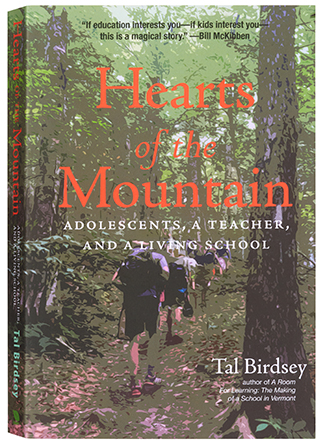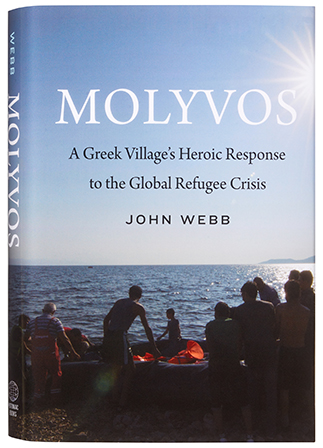
OUT AT THE PLATE
Lynn Ames
Her name may not be as well-known as his, but in 1960, Sports Illustrated called Dot Wilkinson “the female Yogi Berra.” Lynn Ames (known as Amy Colodny ’82 at Middlebury) met Wilkinson in 2010, when she did an on-camera TV interview with the world-famous softball player for the Lynn Ames Show. Their meeting was the beginning of a long friendship, during which Wilkinson shared her life story with Ames and Ames wrote it all down to produce the book Out at the Plate: The Dot Wilkinson Story. Ames covers Wilkinson’s incredible athletic success, especially as part of the three-time-world-champion PBSW Phoenix Ramblers softball team from 1933 to 1965—but Wilkinson’s story, as Ames points out, “is in the details.” As a young woman in the world of sports, Wilkinson showed a grit and determination to be the best at what she undertook and to live her personal life on her own terms. The engaging story that unfolds not only takes you through the history of one of the greatest athletes of the 20th century, but introduces you to Wilkinson’s softer side, her antics, her humor, her resilience, and the love she had for teammates and friends. You’ll wish you could have met her yourself—reading this book is the next best thing.

HEARTS OF THE MOUNTAIN
Tal Birdsey
In 2001, Tal Birdsey ’87 cofounded the North Branch School in Ripton, Vt., an undertaking he chronicled in his first book, A Room for Learning: The Making of a School in Vermont. Now he is back with his second book, Hearts of the Mountain: Adolescents, a Teacher, and a Living School, in which he recounts a year in the life of the place that started from scratch and flourished into a rich learning environment for seventh, eighth, and ninth graders. With the vision of creating a school that students could feel was theirs, where they could learn from one another as well as the outside world, and where their creative energies would drive the curriculum, Birdsey and the other North Branch teachers have successfully educated young minds for over 20 years. In this beautifully written book, you will learn how that plays out as you come to love this little rural school and its inhabitants, who strive every day to grow and learn and make sense of their place in the world.

STAY SWEET
Chris Chandler
Tragic headlines, divisive politics, angry social media posts: sometimes it seems like life in today’s world is too stressful to bear. Chris Chandler ’84 has a way to escape from it all for a few delightful moments with her book Stay Sweet: Tales of Quirky Southern Love. Chandler was born in Milledgeville, Georgia, a place where at least four generations of her family had always resided, and though she didn’t live there long, it was always her “heart home,” the place she returned to throughout her life. In this charming, comforting memoir, she recounts stories from those years and introduces you to lovable, unforgettable members of her family, especially on the female side. In short vignettes, Chandler shows how those women, particularly her grandmother, May, supported and influenced her as she grew up and experienced all the ups and downs of each stage of life. Her storytelling touches on universal themes that connect us all as human beings, in positive ways that sustain us.

MOLYVOS
John Webb
From fall 2014 to spring 2016, hundreds of thousands of desperate refugees from Syria, Afghanistan, and Iraq left the horrors of their ravaged countries to make the dangerous journey to the safety of the European Union. Many of them landed on the Greek island of Lesvos, often in the harbor of the small town of Molyvos, where locals were overwhelmed by the influx of people. In his book Molyvos: A Greek Village’s Heroic Response to the Global Refugee Crisis, John Webb, MA French ’72 chronicles how those locals rose to the occasion and for 10 months between November 2014 and September 2015 helped the refugees landing on their shores—feeding and clothing them, sheltering them, and guiding them as they negotiated a strange land—long before any international aid began to arrive. His well-researched, evocatively written book details what it means to act in an empathetic, humanitarian way when there are people in critical need. What happened in Molyvos took a toll on the tiny village, but the actions of the residents saved countless lives and alleviated suffering, and Webb wants to make sure that not only do we know their story but that we remember it in this era of constant migration around the world.

Leave a Reply